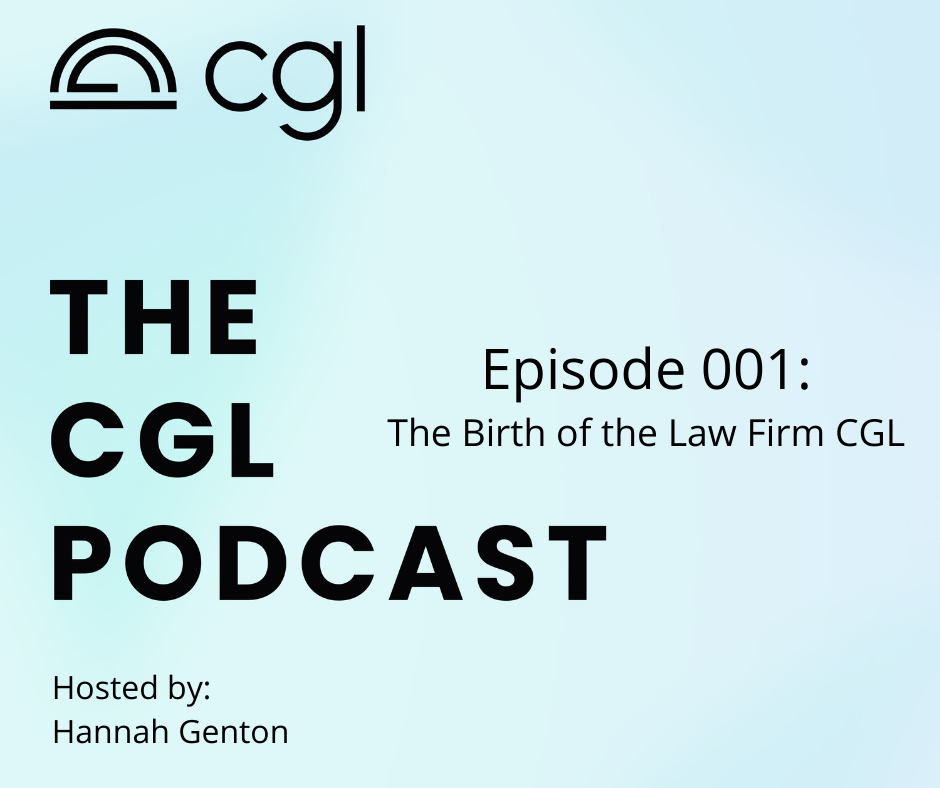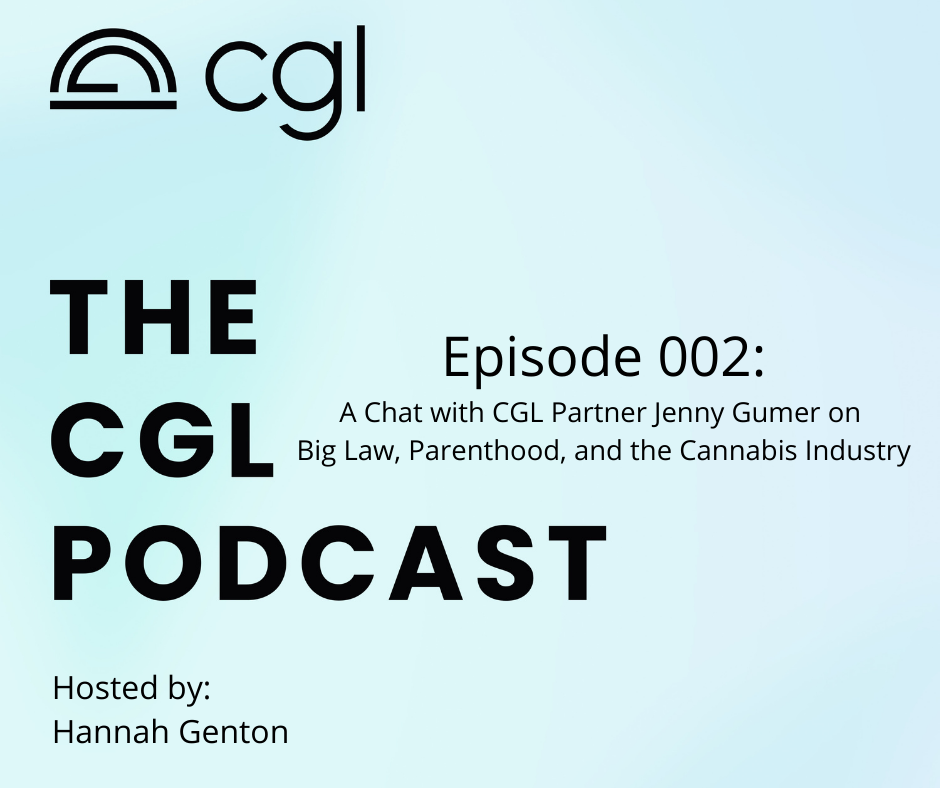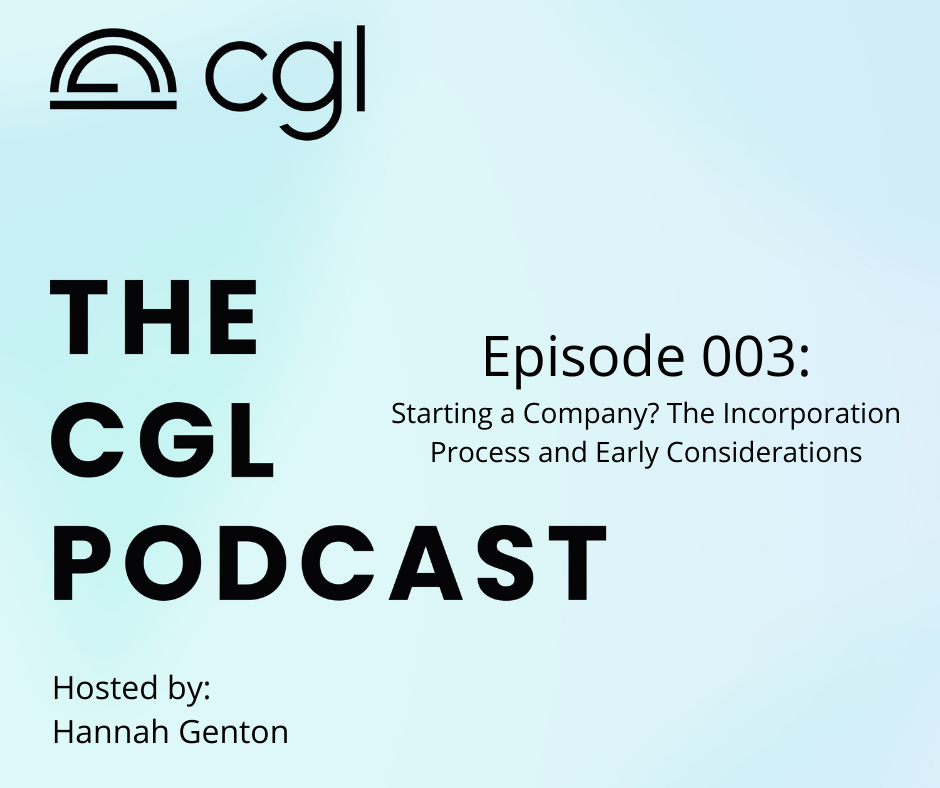Pfizer has announced promising preliminary clinical trial results related to its experimental COVID vaccine. But how close are they to getting the vaccine released into the market?
How Vaccines Are Regulated
Vaccines are categorized by the FDA as a biologic, which refers to a therapeutic substance isolated from a natural source like a human, an animal, or a microorganism. So, a vaccine comes from a natural source, unlike drugs which are chemically synthesized. A biologic must undergo clinical testing to demonstrate safety and efficacy. After the FDA reviews the clinical trial results, they must approve the biologic before it becomes available to the market.
What is a Clinical Trial?
A clinical trial is the testing of an unproven medical intervention on human subjects. Under FDA law, there must be at least three phases of clinical trials before a biologic or drug comes to market.
Phase I – This phase is carried out on a small group of healthy volunteers, usually somewhere between 10 to 100 people. Its purpose is to assess the safety of the vaccine and make sure there aren’t any serious adverse events. At this stage, there must be evidence of antibody production for the trial to continue.
Phase II – This is conducted on a larger group of healthy volunteers than Phase I. Once again, the researchers are looking for safety and the presence of antibody production to continue.
Phase III – This phase is the most important phase where developers are looking to evidence efficacy. It involves hundreds to tens of thousands of people, divided into two groups: the control group and the experimental group. In a vaccine trial, the control group receives a placebo treatment, which is the same as having no treatment. The experimental group receives a dose of the vaccine. Then, after monitoring both groups in real-world conditions, you assess whether the people in the experimental group achieved better health outcomes.
Where Is Pfizer at this Point?
Pfizer is now in the midst of its Phase III trial and they have released their preliminary findings. What they’re currently seeing is that people in the experimental group (those receiving the vaccine) are developing COVID-19 at a rate 90% lower than those in the control group.
Pfizer could be looking to get approval for the Emergency Use Authorization. This allows an unapproved vaccine to enter the market before the completion of the clinical trial process. If Pfizer gets the approval, they’re still going to need to complete their full clinical trial and the FDA approval process. Moreover, the FDA might also require a Phase IV clinical trial for further monitoring and testing for safety.
If you want to learn more about the COVID vaccine regulations, check out https://cgl-llp.com/podcasts/cgl005.
Disclaimer
The materials available at this website are for informational purposes only and not for the purpose of providing legal advice. You should contact your attorney to obtain advice with respect to any particular issue or problem. Use of and access to this website or any of the e-mail links contained within the site do not create an attorney-client relationship between CGL and the user or browser. The opinions expressed at or through this site are the opinions of the individual author and may not reflect the opinions of the firm or any individual attorney.



